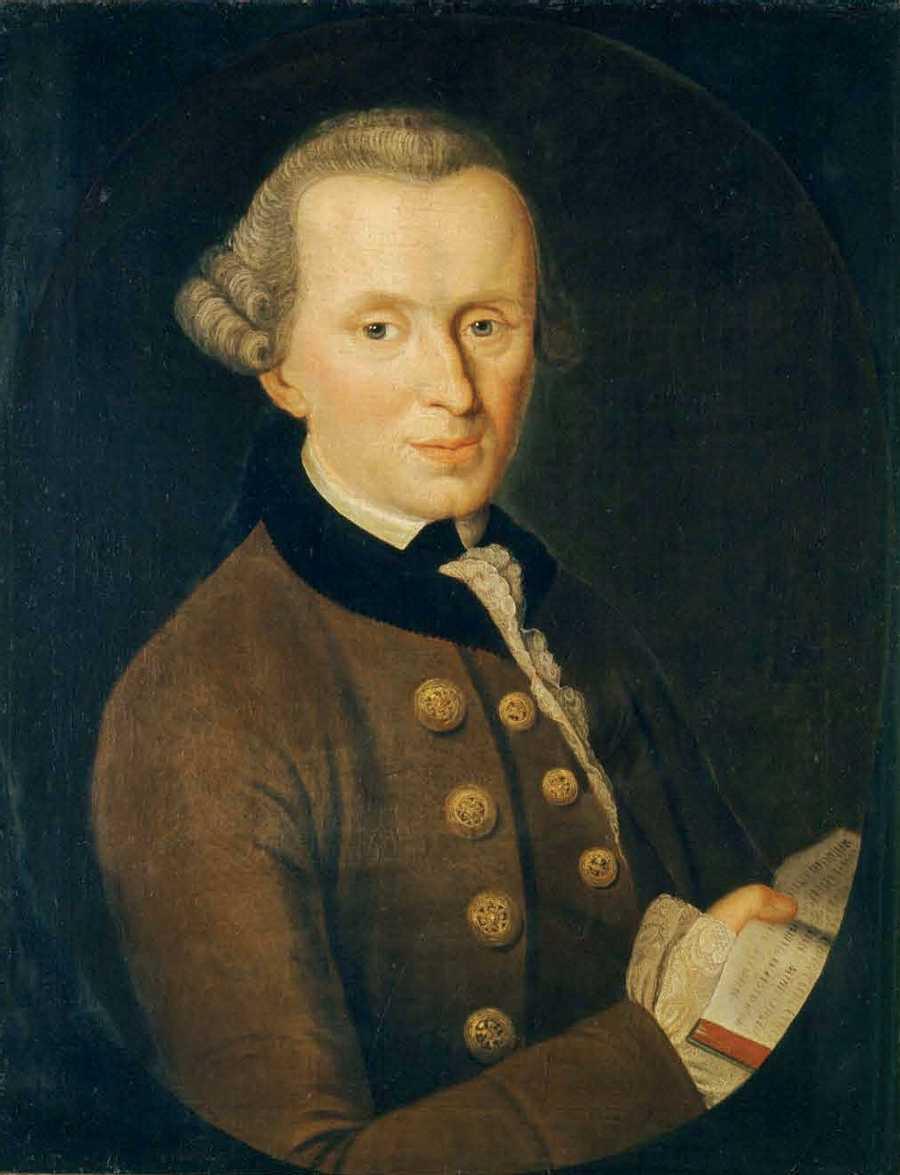Learn more about personaldevelopment with this collection
How to create a productive workspace at home
How to balance work and personal life while working remotely
How to maintain focus and motivation while working remotely
Weeping Over Life
‘What need is there to weep over parts of life? The whole of it calls for tears.’ - Seneca.
This dark remark gets to the heart of Stoicism, which says we get weepy and angry not only because our plans failed, but because we strongly expected them not to. Seneca thought the less we expect, the less we will suffer. Seneca was trying to spare us the kind of hope that inspires bitterness and anger.
130
719 reads
Peccatum Originale - Original Sin
St Augustine was deeply interested in finding explanations for the evident tragic disorder of the world.
Augustine contemplated the idea that human nature is inherently damaged because, in the Garden of Eden, Eve sinned against God by eating the forbidden fruit from the Tree of Knowledge. Her guilt was passed down to all people. As a metaphor for why the world is in a mess, Augustine implies that we should not expect too much from the human race.
101
379 reads
Being Less Intimidated By Powerful People
‘Kings and Philosophers shit, and so do ladies’. This is a blunt phrase of 16th-century French philosopher Michel de Montaigne.
He wanted to let us feel closer to and less intimidated by people whose life might seem very impressive. Montaigne attempted to free us from uncertainty and shyness from thinking too much of others and too little of ourselves.
118
450 reads
Our Inability To Be Alone
We should learn to become better friends with ourselves. ‘All our unhappiness comes from our inability to sit alone in our room.’
The 17th-century French philosopher Blaise Pascal pointed out that instead of staying undistracted with ourselves - appreciating small pleasures, thinking before we act, examining our minds - we are tempted to crave excitements. We meddle in the affairs of others but fail to help them; we seek fame and end up being misunderstood.
134
428 reads
Sub Specie Aeternitatis
Translated from Latin, 'under the aspect of eternity' is a phrase from philosopher Baruch Spinoza.
For Spinoza, philosophy teaches us to look at things, such as our own suffering and disappointment, as though we were looking from high down at the earth. From this high perspective, our troubles no longer seem so insurmountable.
110
367 reads
The Imperfections Of Our Human Nature
'Out of the crooked timber of humanity, no straight thing was ever made.' - Immanuel Kant
Kant urged us to recognize that nothing that people do can ever be perfect because we are creatures of passion and erroneous instinct as well as reason and intelligence. Accepting our crooked nature is the birth of generosity. Kant added that crooked beams could make beautiful floors in the hands of a talented carpenter.
116
422 reads
CURATED BY
Spending a large amount of time with someone literally causes you to pick up their habits. Choose your friends wisely.
More like this
5 ideas
How to Read Fewer Books
theschooloflife.com
4 ideas
What Love Really Is – and Why It Matters
theschooloflife.com
4 ideas
What to Do at Parties If You Hate Small Talk
theschooloflife.com
Read & Learn
20x Faster
without
deepstash
with
deepstash
with
deepstash
Access to 200,000+ ideas
—
Access to the mobile app
—
Unlimited idea saving & library
—
—
Unlimited history
—
—
Unlimited listening to ideas
—
—
Downloading & offline access
—
—
Personalized recommendations
—
—
Supercharge your mind with one idea per day
Enter your email and spend 1 minute every day to learn something new.
I agree to receive email updates






